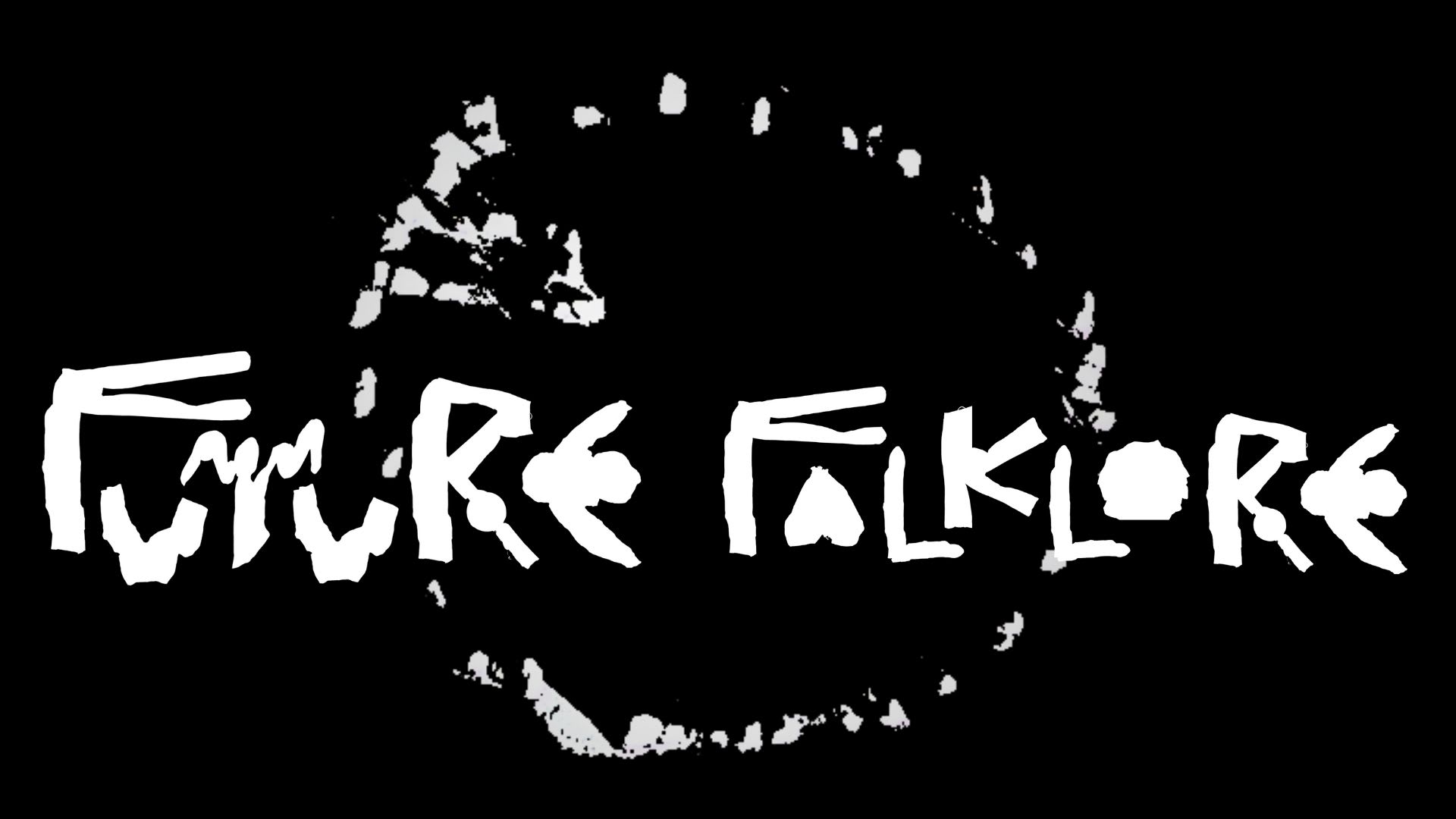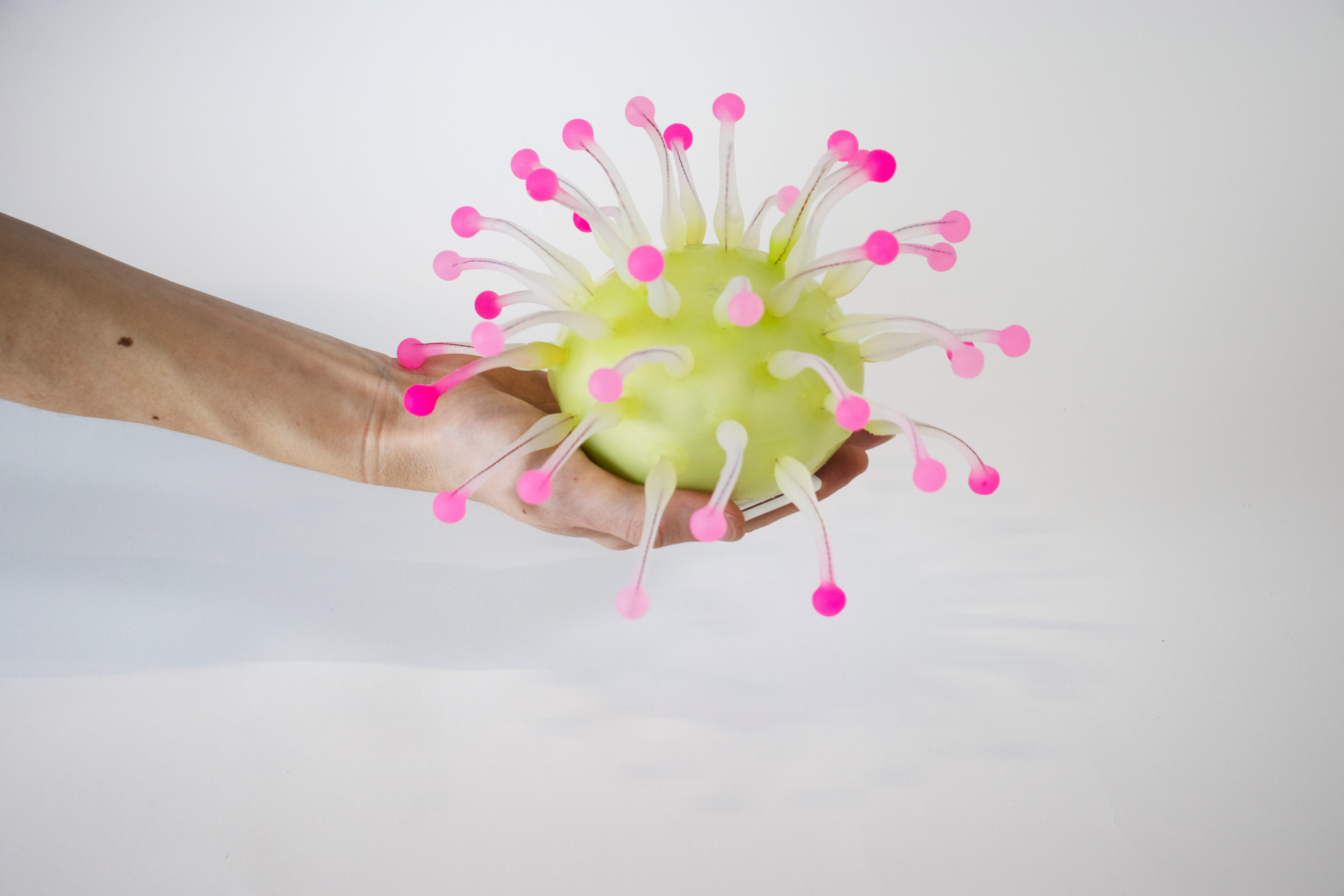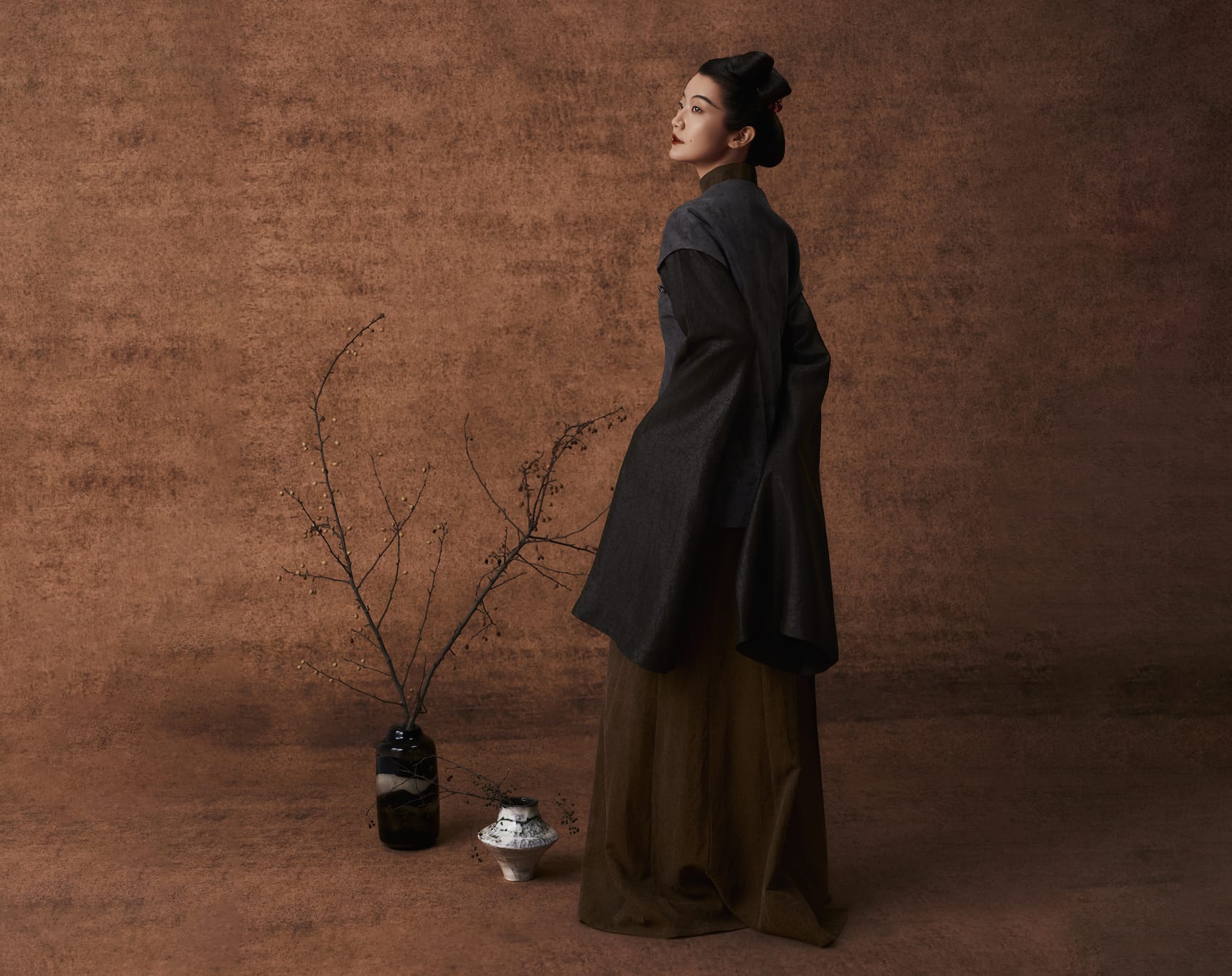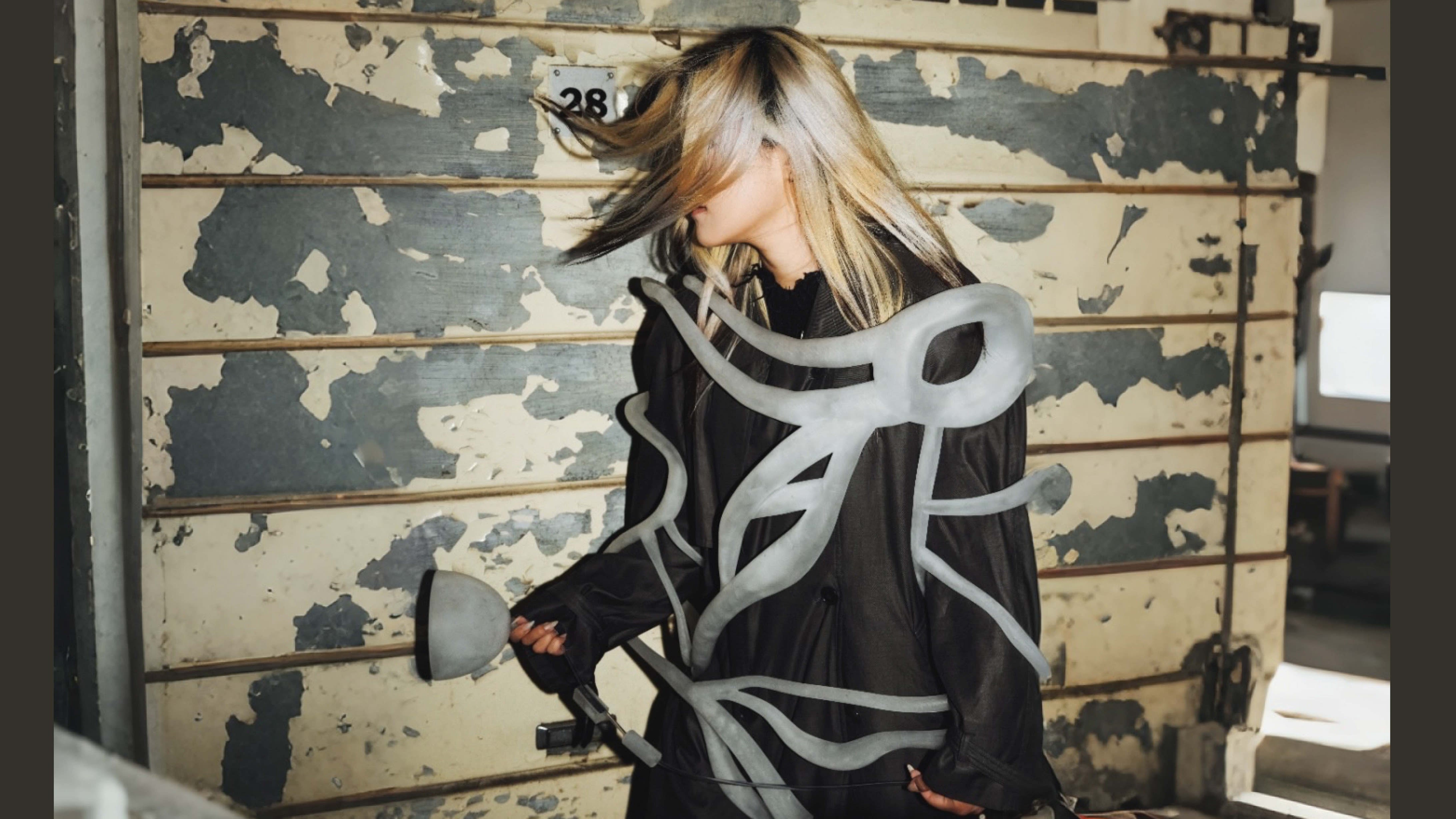Julia Crew, Course leader
Julia Crew has been working as a designer, entrepreneur, educator, and researcher in the area of fashion and sustainability for more than a decade. Since 2018 Julia has worked across the School of Design and Technology at LCF to develop and support sustainability content and delivery, working towards the college’s goals of a transformed fashion education system.
With a background in design practice, Julia has worked on sustainable design and research projects with Centre for Sustainable Fashion, Oxfam, Channel 4 and the United Nations group Responsible Ecosystems Sourcing Platform. In 2010 she co-founded the fair trade accessories and knitwear brand , working with producer groups in Nepal and supplying fashion boutiques throughout the UK and Europe.
Her research interests focus on the role of education to enable creative and critical thinking, to drive change in industry and society. She has contributed towards the Erasmus+ project , which has the intention to develop a holistic framework to embed sustainability into higher education fashion design. Julia is a Fellow of the Higher Education Academy.
Alex Pollman, Subject leader in Wearable Technology
Alexa Pollmann runs the Design Collective – leading on projects, which speculate and present the public with possible fashion futures and apply practice based research using performance, fashion, technology and interaction to create participatory and inclusive experiences. Currently, she is directing , an experience combining fashion, dance and mixed reality technologies ranging from motion-capture and VR to open-source zero-waste garment production and generative print creation. The work of Peut-Porter has been shown internationally and was exhibited in the Design Museum London, Sadler’s Wells Theatre, the Museum of London and the BFI amongst others.
Alexa Pollmann previously worked with Burberry (Creative Media Department), Royal College of Art, and Barbara I Gongini (Copenhagen).
Katelyn Toth-Fejel, Lecturer in Fashion and Sustainability
Katelyn is a researcher, artist, designer and lecturer working across the School of Design and Technology to design and deliver curriculum at the intersection of fashion, design and sustainability. Her PhD research project, , brings together methods of ethnography, co-design and participatory art to map how sustainable fashion behaviours and cultures are linked to place.
She was previously co-director of the knitwear and accessories brand, and worked with Kate Fletcher on the international research project, , which explored the ‘craft of use’.
Recent academic papers include ‘ and ‘ ’, co-authored with Julia Crew and Anna-Maria Hesse.
Dr Francesco Mazzarella, Senior Lecturer in Fashion and Design for Social Change
Francesco teaches on a number of courses across London College of Fashion. He works at , exploring ways in which design activism can be used to create counter-narratives towards sustainability in fashion. Francesco's research spans the fields of design activism, fashion and textile artisanship, design for sustainability, social innovation, and place-making.
Francesco is currently the lead researcher on the ‘’ project, on the ' KE project, and a Co-Investigator on the AHRC-funded project '.

























